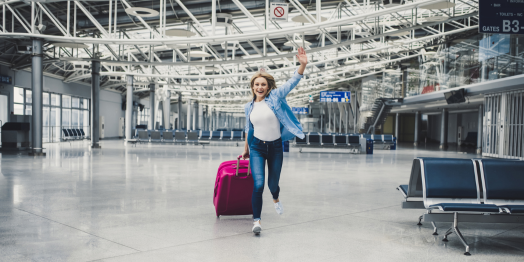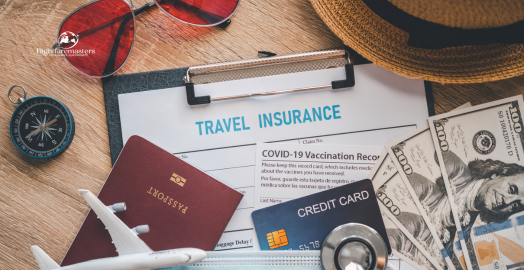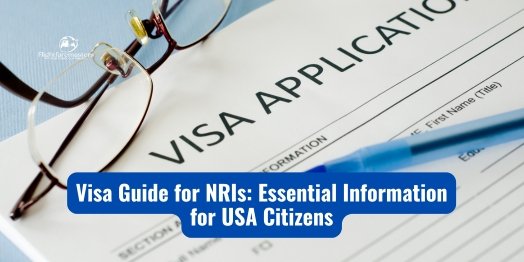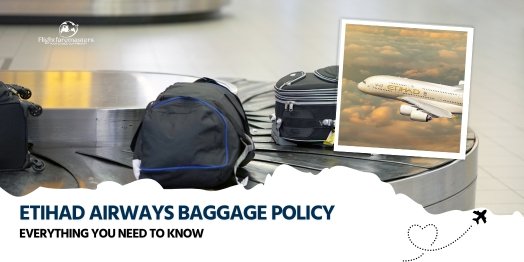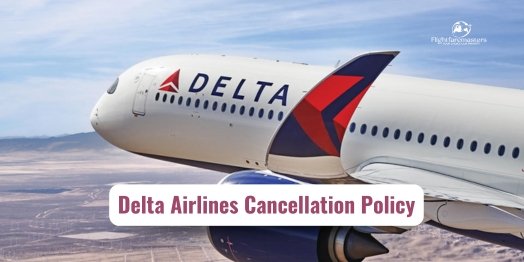How Early Should You Get to the Airport to Avoid Travel Chaos?
Traveling can be exciting, but it often comes with its fair share of stress and unpredictability, especially when it comes to navigating airports. One of the key factors in ensuring a smooth travel experience is arriving at the airport with ample time to spare. But just how early should you arrive to avoid travel chaos and minimize the risk of missing your flight? Let’s delve into this important question.
The Standard Recommendation: Two Hours Before Domestic Flights
For domestic flights, the general rule of thumb is to arrive at the airport at least two hours before your scheduled departure time. This allows sufficient time to check in, drop off any baggage, navigate security screening, and reach your boarding gate comfortably. Keep in mind that this guideline assumes typical travel conditions and moderate airport congestion.
Why Two Hours?
Arriving two hours early provides a buffer for unexpected delays or complications. It accommodates the time needed for check-in procedures, security checks, and potential queues at various points within the airport. Additionally, it allows for a smoother transition through the airport, reducing the rush and stress that can accompany tight schedules.
Factors Influencing Arrival Time
While two hours is a good baseline, several factors can influence how early you should arrive at the airport:
1. Airport Size and Layout
Large airports with multiple terminals can require more time to navigate, especially if you’re unfamiliar with the layout. International airports like Heathrow in London or JFK in New York may necessitate extra time due to their size and complexity.
2. Time of Day and Day of the Week
Peak travel times, such as early mornings and evenings, or busy travel days like Mondays and Fridays, can result in longer queues at security and check-in counters. Adjust your arrival time accordingly during these periods.
3. Type of Travel and Special Requirements
If you’re traveling with young children, elderly passengers, or persons with disabilities, factor in additional time for special assistance needs. Similarly, if you’re traveling internationally and require visa checks or special documentation, arrive early to ensure a smooth process.
4. Security and Immigration Procedures
Enhanced security measures or heightened alert levels may result in longer wait times at security checkpoints. Additionally, international flights often involve passport control and customs, which can add to the time needed.
5. Unforeseen Events
Traffic congestion, road closures, or public transportation delays can unexpectedly prolong your journey to the airport. Plan for contingencies to avoid last-minute rushes.
International Flights: Three Hours or More
For international flights, it’s recommended to arrive at the airport at least three hours before departure. This allows ample time for check-in, security screening, immigration procedures, and potential customs inspections. International travel involves more stringent requirements, and the additional hour provides a cushion against unforeseen delays.
Benefits of Arriving Early
1. Reduced Stress
Arriving early minimizes the rush and anxiety associated with tight timelines. You’ll have more time to handle any unexpected issues calmly.
2. Flexibility
Early arrival gives you flexibility in case of flight delays, last-minute gate changes, or other disruptions. You’ll be better equipped to handle changes without affecting your travel plans.
3. Enhanced Safety Measures
Security procedures have become more stringent in recent years. Arriving early ensures that you have sufficient time to comply with all security protocols without feeling rushed.
4. Enjoy Airport Amenities
Arriving early allows you to explore airport amenities, grab a meal, or shop leisurely before your flight. Make the most of your airport experience rather than rushing through it.
Conclusion
In conclusion, the recommended arrival time at the airport depends on various factors such as the type of flight, airport size, time of day, and special travel requirements. However, as a general guideline, arriving at least two hours before domestic flights and three hours before international flights is advisable to avoid travel chaos and ensure a stress-free journey. Ultimately, early arrival not only safeguards against unforeseen delays but also contributes to a more enjoyable and relaxed travel experience. So, plan ahead, arrive early, and embark on your journey with peace of mind!

